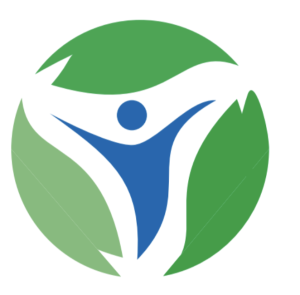Partners
ARCES
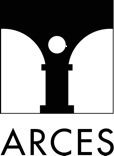
ARCES, a non-profit organisation, is a University College recognised by the Ministryvfor the University and Research (decree D.P.C.M., dated 19 November, 1991). ARCES is providing an inter-disciplinary paradigm and support for university studies, by contributing to the professional and personal growth of university students.
ARCES is accredited by the Sicilian Region as a Vocational Education and Training (VET) Centre (DDG 2374 of May 23, 2014). It promotes training programmes, qualification and updating activities to develop young people, adults and workers' expertise in several fields, including sustainable rural development.
ARCES will leverage on its more than 5 years' experience in EU projects, (2018-2022), as it has received EU funding to implement four Cross border cooperation projects aimed at improving the marketable skills of jobseekers and adult women to facilitate their job creation potential (i.e., start-ups, associations, social cooperatives) especially in the field of Green, Blue and Circular economy.
Specifically, with its participation in the projects “JOB MATCH 2020” (co-funded under Interreg VA Italy Malta Programme 2014-2020), “HELIOS” (co-funded under ENI CBC MED 2014-2020), “GREENLAND” (co-funded under ENI CBC MED 2014-2020), and “CLUSTER” (co-funded under ENI CBC MED 2014- 2020) ARCES has designed targeted and tailored training courses and curricula oriented towards specific needs of the labour market as well as traineeship programmes in selected companies operating in the rural tourism and environmental sectors.
IED
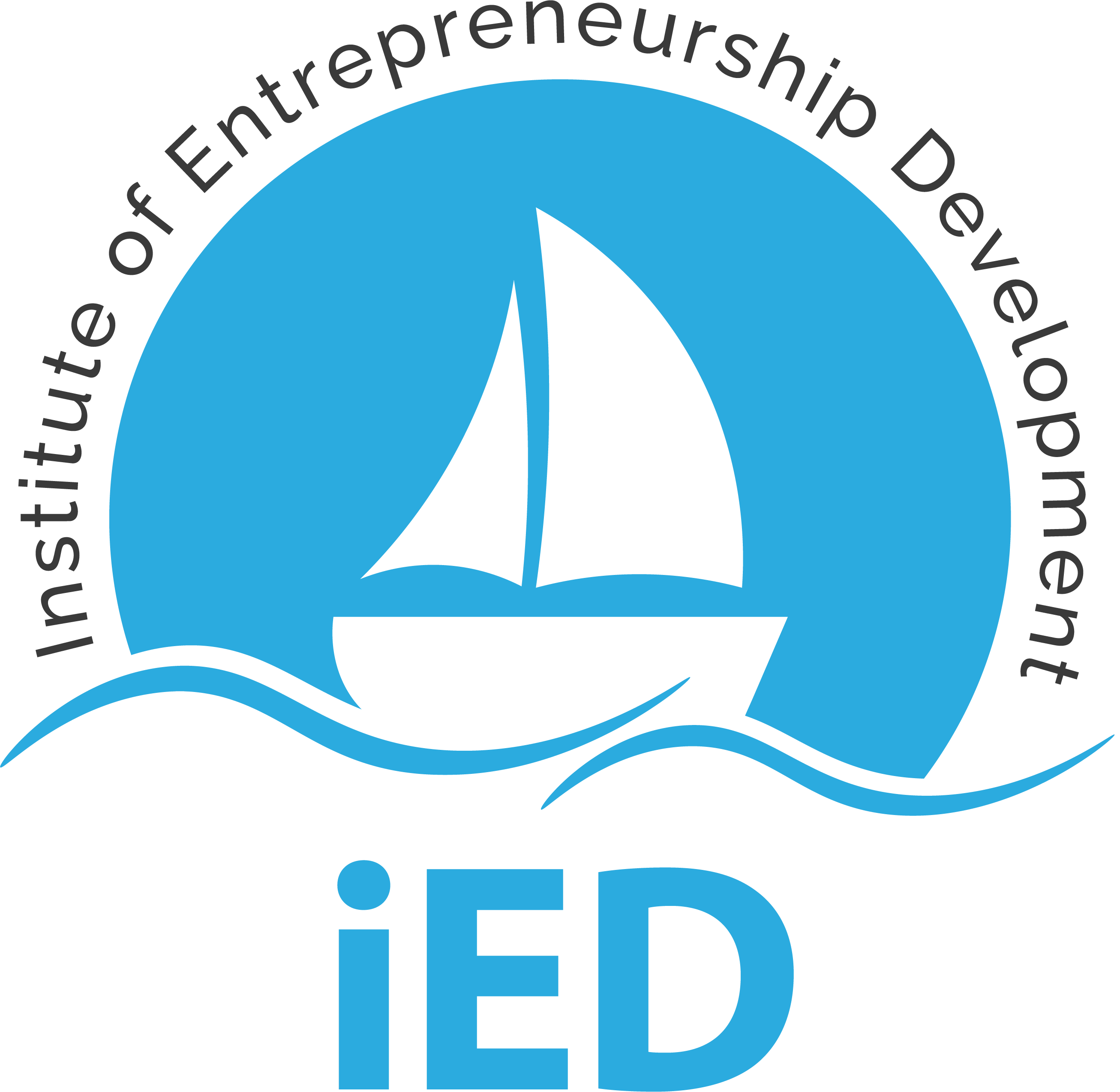 Institute of Entrepreneurship Development (iED) is a Greek non-profit organisation committed to the promotion of innovation and the enhancement of the entrepreneurial spirit.
Institute of Entrepreneurship Development (iED) is a Greek non-profit organisation committed to the promotion of innovation and the enhancement of the entrepreneurial spirit.
As a state-of-the-art international organization, a certified Center of Excellence and a DIH, iED produces and transfers know-how, boosts entrepreneurial cognitive processes, and supports every entrepreneurial venture across Europe.
Over the years of our activity, we have implemented more than 200 National and European projects under numerous Financial Frameworks and established a wide network of partners and collaborating organizations from Europe and beyond.
Using our network and our expertise in diverse EU-funded research and innovation projects focused on entrepreneurship, we have created an all-inclusive Knowledge Hub that covers the needs of the pan-European entrepreneurial ecosystem.
Planning And Development Agency (PDA - Lebanon)
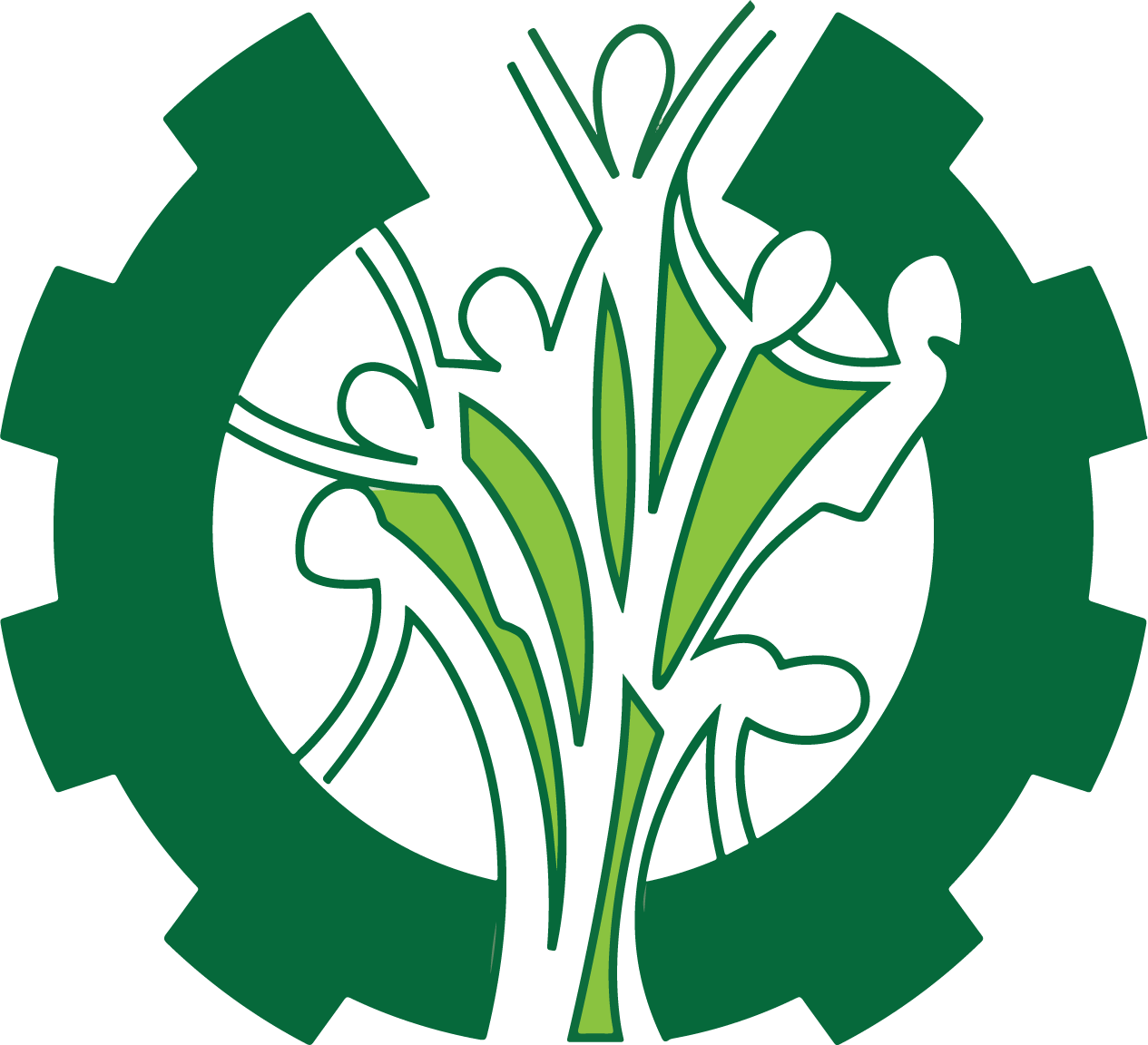
Planning and development agency was established in 2009 to be the mastermind and leader and supporter for the Lebanese local authorities and the activator for the civil society organizations, at all developmental, economic and intellectual level.
It is a consulting civil agency, professional in strategic planning, sustainable and economic development, and cultural renaissance.
PDA became the leader in the region in terms of adoption of two basic criteria: professional in development work and strategic planning
To achieve these two criteria, the PDA team took the decision of continuous movement and goals development and experiences exchange.
After the great success of PDA in Hermel region due to the quality and the size of the implemented projects which the reverberation abroad among the European Union delegation, the donors, the central and local authorities, we have established a regional office for the development of Baalbek-Hermel to provide consulting services and technical support to seven unions of municipalities, more than 56 municipalities and many civil society organizations within the following themes:
- Strategic Planning and Administrative Development, including:
- Fact finding, planning, projects preparation and networking with international donors.
- Human development, capacity building and Development of skills
- Monitoring and continuous performance evaluation of the public administrations and the issuance of necessary recommendations.
- Economic advancement and sustainable development, including:
- Best use of the resources
- Adoption of international quality standards
- Support institutions by granting of quality certificates
- Increase yield and improving of income distribution.
- Cultural renaissance through human, social & intellectual development and Capacity building, including:
- Launch of a cultural renaissance center studies to be an effective framework for cultural exchange and discuss between the intellectuals and experts aiming to develop a social, economic, political vision
- Networking among civil society organizations across the Mediterranean to raise the civilization level and the experience exchange
- Launch of the youth support center for psycho-social-educational support in order to raise the phase of self-confidence and belief in the possibility to achieve a best cultural situation among young people.
As per PDA goals are large and accurate and because we have reached a high level of professionalism in a short time, PDA has established a large network of communication and cooperation with hundreds institutions of development, local and regional authorities, central research centers, and universities in various countries, and created a partnership with more than forty different institutions and launched more than 10 projects for the years 2014/2015.
All that directed the PDA team to adopt an important goal for the upcoming years: "promoting of the sustainable local development mechanisms by the adoption of strategic planning and professional performance” Regional development Office of Baalbek -Hermel:
Such an office would become the development nerve centre in the area and would:
- Coordinate among the unions and serve as an advisory unit
- Implement needs assessments and facilitate the development of sectoral development plans
- Support the unions to develop projects within the sectoral plans
- Support the unions to fundraise for their outlined projects
- Support civil society organizations to develop projects within the sectoral plans and fundraise for their implementation
- Provide linkages between the unions and international organizations, funders, other government institutions
- Provide training, coaching, and guidance to the Local Development Officers stationed in each union
- Provide training to local CSOs
- Raise the community’s awareness on developmental activities and their sustainable impact
TDM200
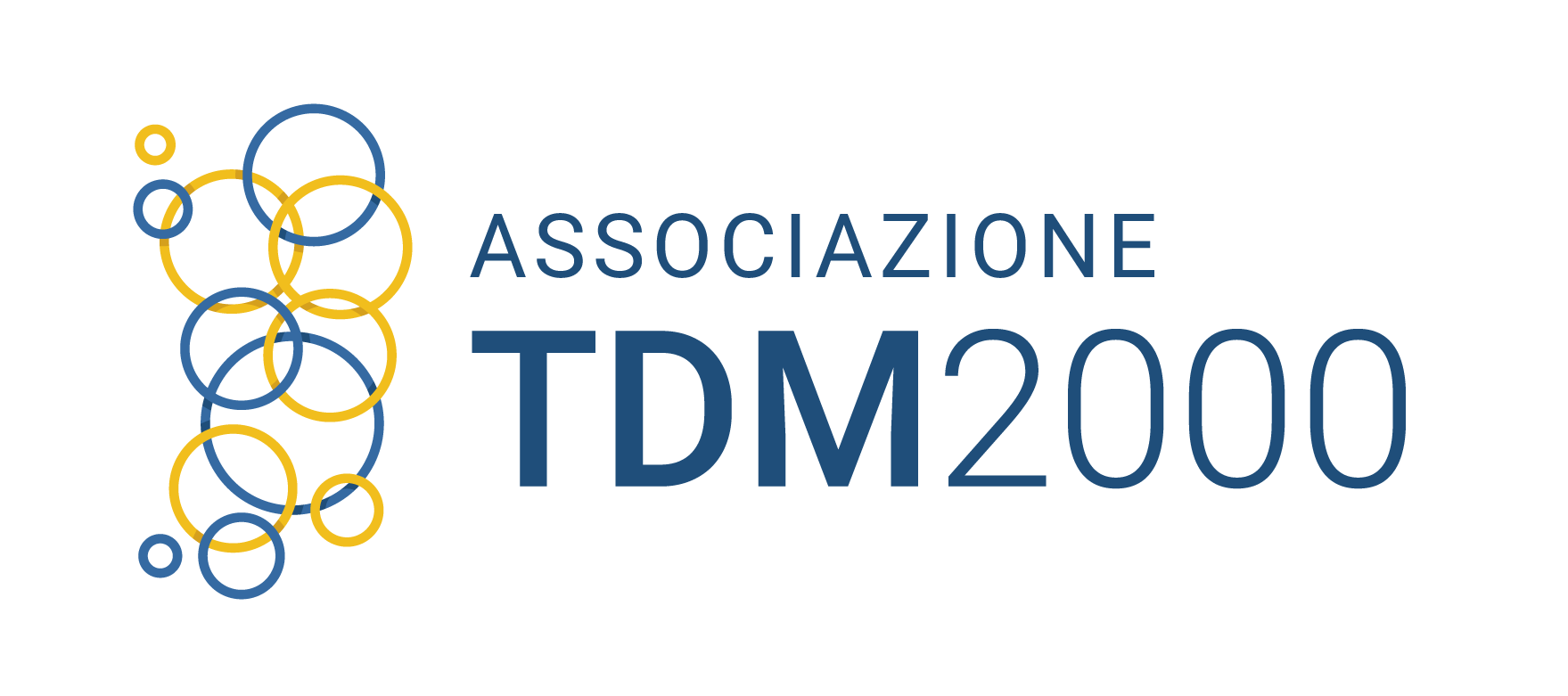 TDM 2000 is a dynamic and inclusive non-governmental organization dedicated to promoting cooperation and collaboration across Europe.
TDM 2000 is a dynamic and inclusive non-governmental organization dedicated to promoting cooperation and collaboration across Europe.
As a non-partisan, non-profit entity, we are committed to fostering meaningful connections among youth organizations through the establishment of a vibrant network.
TDM 2000 is committed to establish an effective network of cooperation between youth organizations through which we shall develop concerted strategies to approach common issues that affect youth, thus becoming a main promoter of the empowerment of young people, youth associations and their communities as a whole.
Since its creation in 2008, the network has significantly flourished and now embraces 22 organizations from 18 different countries.
TDM 2000 has successfully coordinated, implemented, supported, and disseminated a wide range of activities and projects, with a primary focus on Education and Training for Capacity Building, International Cooperation for Development, and Mobility for Intercultural Learning.
The National Agricultural Research Center (NARC)
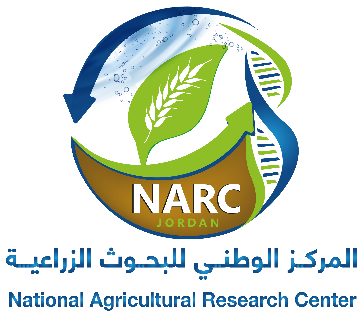
The official procession of the agricultural scientific research started in the Ministry of Agriculture, Jordan, in 1958 with the Scientific Research Department.
In 1970, the name of this department was modified to Directorate of Agricultural Research and Extension and it was located in the area of Jubaiha in Amman.
In 1985, the research activities were separated from this directorate and the National Center for Agricultural Research and Technology Transfer (NCARTT) was established and located in Ain Al-Basha territory in the Governorate of Salt.
This new center was mandated to implement agricultural scientific research and technology transfer at the national level. Several amendments were made in November 2007 by which the agricultural extension was incorporated with the agricultural research in one establishment that was named the National Center for Agricultural Research and Extension (NCARE).
Due to this amendment, the extension tasks were transferred wholly from the Ministry of Agriculture to this center. In addition, the former Bylaw related to NCARTT was modified and Bylaw 63 for the year 2007 was issued. It was called "A Modifying Bylaw for the Bylaw of the National Center for Agricultural Research and Technology Transfer."
In keeping with demands of farmers and the agriculture directorates, and in agreement with the Sustainable Development Goals (SDGs) of the United Nations Organization and the global orientations, agricultural extension was attached to the Ministry of Agriculture in 2018, and the center was re-named as the National Agricultural Research Center (NARC).
Based on that, a bylaw modifying that for the NCARE was issued, which is Bylaw 42 for the year 2018, and which is to be read with Bylaw 42 for the year 1993, and was cordoned the Royal Decree on 6 May 2018.
Goals
The center aims to invest the results of agricultural research whether locally derived or adopted from other sources in order to increase plant & animal production, enhancing its efficiency towards an optimal and sustainable use of natural agricultural resources, serving the agricultural development goals to maintain the ecological balance.
Vision
A Center of Excellence in agricultural scientific research to achieve sustainable development
Mission
We work with our partners to strengthen the center’s role as a national umbrella for agricultural research, to achieve sustainable, resilient development and optimal use of natural resources
Key Values
- Excellence
- Innovation & Creativity
- Transparency
- Knowledge Management
- Social Responsibility
- Participation
More at: http://ncare.gov.jo/DefaultEN.
UTAP - Tunisian Union of Agriculture and Fishing
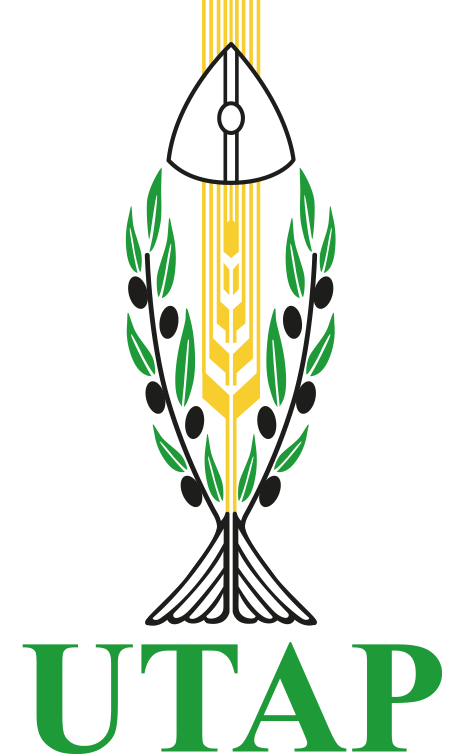
ABOUT US
The Tunisian Union of Agriculture and Fishing is a national trade union and development organization, interested in the agricultural and fishing fields throughout the territory of the Tunisian Republic
Networks
- The Tunisian Union of Agriculture and Fisheries is a founding member of the Maghrebian Farmers Union, a professional coalition which brings together agricultural organizations from the five Maghreb countries and their permanent headquarters in Tunisia.
- The Union is also a founding member of the General Union of Arab Farmers and Agricultural Cooperatives.
- The Union currently chairs the African Agriculture Organization.
- The Union is also a member of the Board of Directors of the World Farmers Organization (OMA)
- The Union also maintains relations of cooperation, friendship and fraternity with a number of its counterparts from agricultural organizations in allies countries (Morocco, Algeria, Libya, Egypt, Palestine, Syria, Lebanon, Jordan, Iraq , Kuwait, Yemen, France, Italy, Canada …)
- The Union also has contacts with some international and regional organizations linked to the agricultural field, such as the Food and Agriculture Organization of the United Nations and the International Fund for Agricultural Development, and has also cooperative relations with the representative of the European Union in Tunisia.
Mission
UTAP is considered as an active social party that participates to the country’s development process.
It is part of many national committees and councils related to the agriculture and marine fisheries field. It also plays the best trade union role thanks to a balanced structure which combines the role of supervision and mobilization of its basic, local and regional structures, as well as the role of specialized development embodied in the sectoral and specialized universities in which it works for professional and technical progress through more than 120 regional universities and 20 national sectoral and specialized universities.
Thanks to its geographical extension and its sectoral diversity, the union was able to spread throughout the territory with more than 220 local federations, 24 regional federations and more than 850 unions.
More at: http://www.utap.org.tn/
BUSINNESSMED
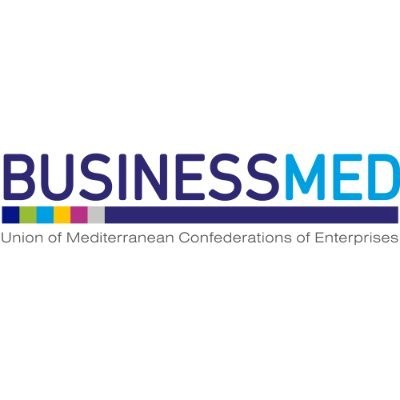
ABOUT US
Union of Mediterranean Confederations of Enterprises
BUSINESSMED is the main representative of the private sector that reflects the interest of 25 Confederations of Enterprises from States members of the Union for the Mediterranean - UfM.
https://businessmed-umce.org/en/home/
BUSINESSMED’s long-medium term strategy is focused on 4 areas of Expertise:
• Business: Our Expertise in Business encompasses a variety of areas that are of essential importance for Employers Federations, Business Support Organizations and SME, and respond to concrete needs of the market
• Regional integration: Our expertise focuses on the establishment and promotion of Business Network, regional synergies with international and regional actors in the region, the facilitation and attraction of trade and investments using tools such as the BCD, and the strengthening of supply chains.
• Dialogue: Our expertise is anchored in the promotion of multi-stakeholder social dialogue, responsible business conduct and the SDGs
• Policy and Istitutional reforms: Our work is based on strong expertise in policy and institutional reforms shaped by Mediterranean employers
OUR VISION
In collaboration with our Members and Partners, our vision of the Mediterranean is one where the business ecosystem across the two shores flourish via strong partnerships, and establishment of regional value chains economic development is accompanied by a strong and inclusive social dialogue where different social partners collectively shape the business ecosystem of the Mediterranean Countries Mediterranean Partners collectively and comprehensively address upcoming challenges of the region, building on each other strength to establish a balanced and flourishing business ecosystem
OUR MISSION
Our mission is to serve our members by defending the interests of the region's employers, strengthening the business ecosystem and enhancing regional integration, social dialogue and policy-making.
